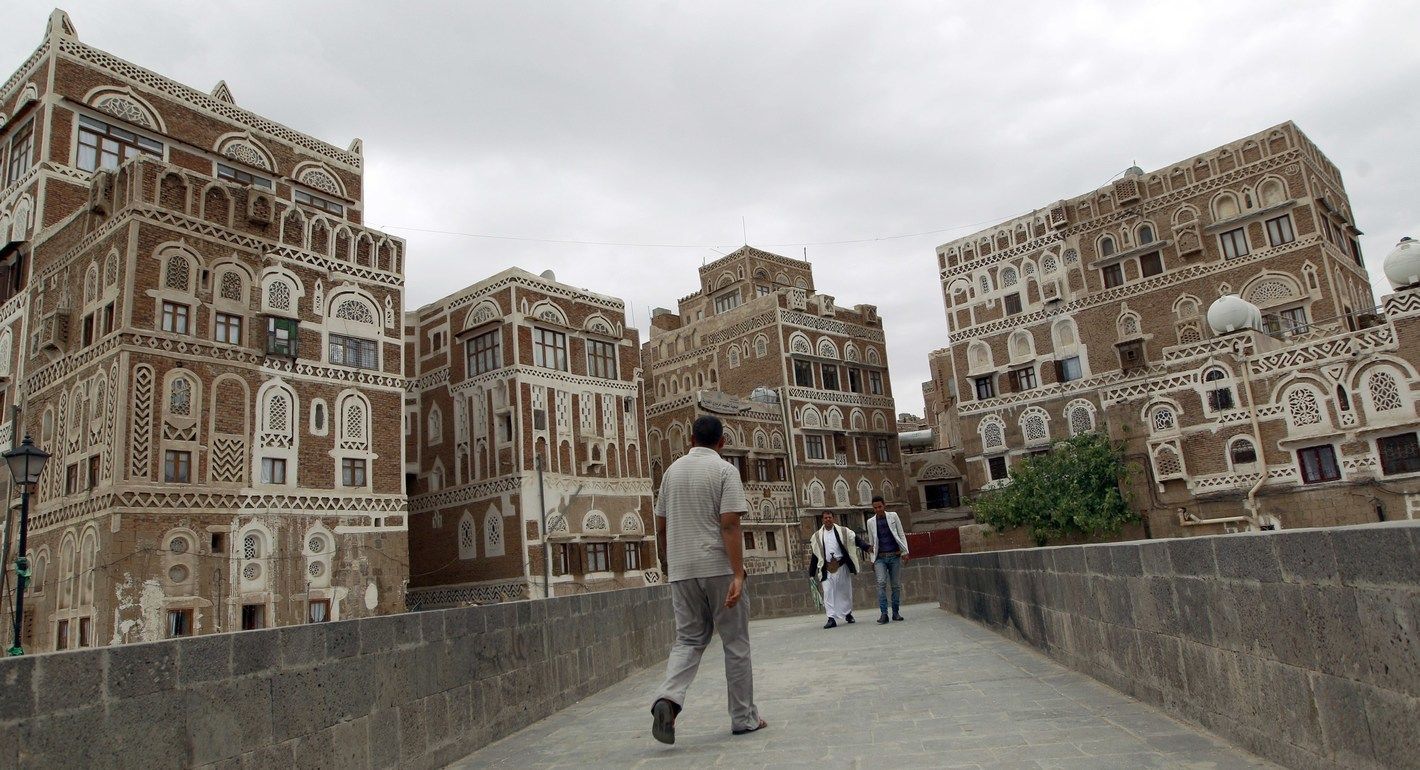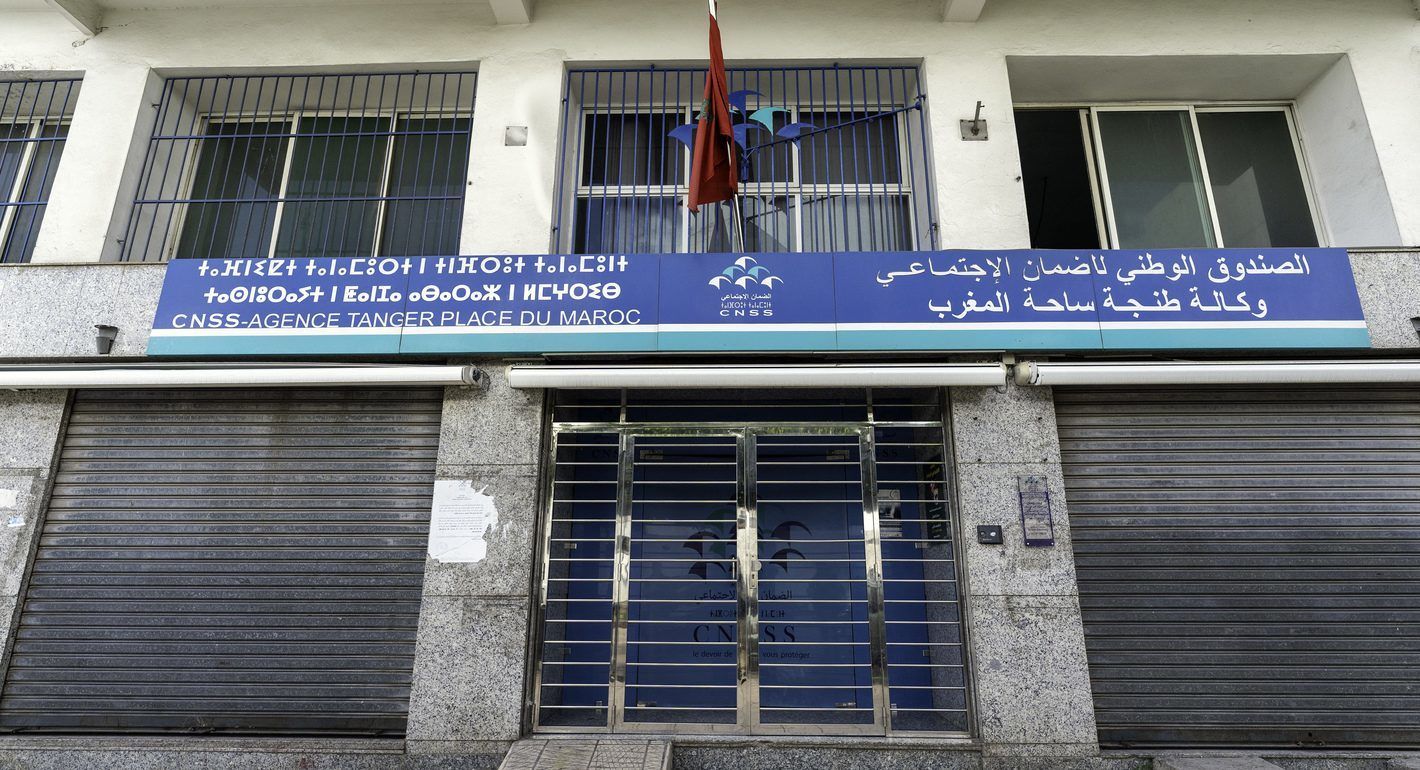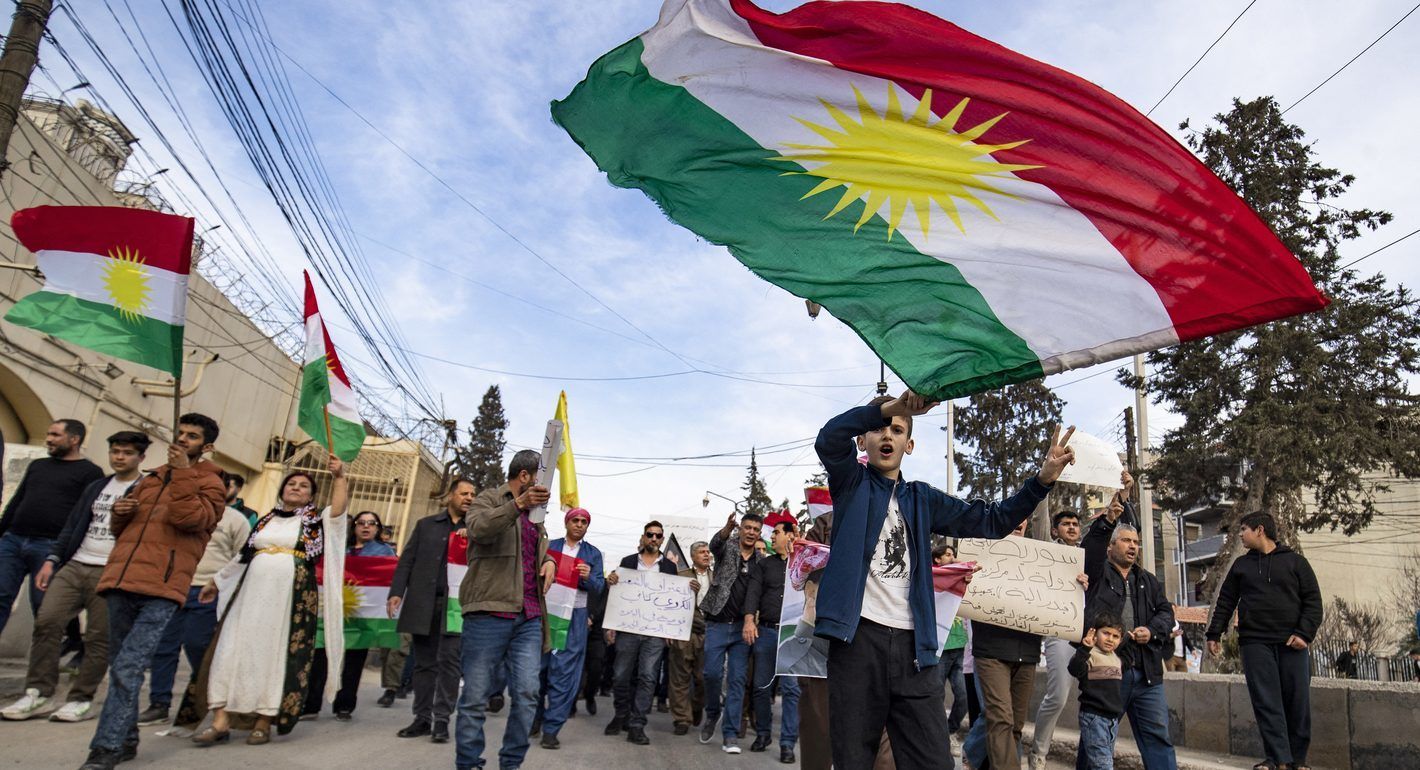Nathan J. Brown
{
"authors": [
"Nathan J. Brown"
],
"type": "commentary",
"blog": "Sada",
"centerAffiliationAll": "",
"centers": [
"Carnegie Endowment for International Peace"
],
"collections": [],
"englishNewsletterAll": "",
"nonEnglishNewsletterAll": "",
"primaryCenter": "Carnegie Endowment for International Peace",
"programAffiliation": "",
"programs": [],
"projects": [],
"regions": [
"Palestine"
],
"topics": [
"Political Reform"
]
}
REQUIRED IMAGE
Palestine's Prime Minister: A New Roadmap for Arab Governance?
On April 29, 2003 Mahmud Abbas (widely known as Abu Mazen) won a vote of confidence from the Palestinian Legislative Council (PLC) to serve as the first prime minister of the Palestinian National Authority (PNA). Beyond its much-discussed implications for a revived Israeli-Palestinian peace process, this step could also mark a departure in Arab governance.
On April 29, 2003 Mahmud Abbas (widely known as Abu Mazen) won a vote of confidence from the Palestinian Legislative Council (PLC) to serve as the first prime minister of the Palestinian National Authority (PNA). Beyond its much-discussed implications for a revived Israeli-Palestinian peace process, this step could also mark a departure in Arab governance. A prime minister characterized by independence from the head of state, a strong set of constitutional prerogatives, and a genuine sense of accountability to the legislature would signal a change from the norm in Arab political systems of unchecked authority in the hands of unaccountable monarchs and presidents.
The idea of a Palestinian prime minister is not recent. It was included in an abortive attempt to establish a Palestinian government in 1948 and was revived in the 1990s by Palestinian reformers seeking to reduce PNA President Yasser Arafat's powers. But it was not until 2002, when Israel's crushing military campaign in the West Bank forced Palestinians to confront the fragility of their institutions, that reformers boldly pressed their demand for the appointment of a strong prime minister as part of a program to address corruption, institutional weakness, and unaccountable leadership. International actors, most notably the United States, quickly joined the chorus of calls for an "empowered" prime minister, hoping this would foster a political alternative to Arafat.
In early 2003, reform efforts began to pay off when the PLC voted to amend the Basic Law (the PNA's interim constitution) to provide for a prime minister. Arafat tried to secure changes that would have weakened the position, but the PLC rejected these and he finally agreed to sign the amendments into law. The prime minister's powers include:
• The ability to form a cabinet subject only to the vote of the PLC (though weak language requiring him to consult the president was included in the Basic Law); and
• The authority to chair cabinet meetings, determine who will attend, and set the agenda.
In addition, the cabinet has been greatly strengthened. Previously, the cabinet met only as an ill-defined group of senior officials known as the "leadership," with Arafat as chair. Now it will meet as a distinct entity, and will exercise the bulk of administrative and executive authority. And it can do all this without direct presidential involvement, because the president will no longer to be a member (much less the head) of the cabinet.
Constitutionally, these changes leave the prime minister and the cabinet in a far stronger position than anywhere else in the Arab world (with the possible exception of Lebanon). Two factors ensure that at least some of the changes on paper will be reflected in reality. First, the PLC has become increasingly willing to confront the president. For example, in September 2002 it rejected a proposed cabinet, a step that has led to the closure of other Arab parliaments when they merely mentioned such a possibility. Second, continuous pressure from Europe (and less steadily from the United States) provides the Palestinian leadership with an incentive for the new arrangement to work.
However, Arafat does retain some significant tools similar to those held by other Arab executives:
• He remains the commander in chief of the Palestinian security forces (though operational command seems to have shifted to the cabinet and minister of interior);
• He selects the prime minister (though the prime minister can serve only with the confidence of the PLC);
• He remains head of the "ruling party," the Palestine Liberation Organization (PLO), as well as of the largest Palestinian political faction, Fatah.
Moreover, Arafat's style as leader of the PLO, PNA, and Fatah has never relied too heavily on legal niceties. Accumulating a large number of titles and presenting himself as the symbol of the Palestinian nation, Arafat has grown accustomed to ruling directly and personally, in a manner his critics find arbitrary. He will not easily restrain his inclination to issue orders, make appointments, and allocate funds.
Early indications are that Arafat will use his remaining tools as much as possible. He has blocked some of Abu Mazen's cabinet choices by referring them to the Fatah central committee, attempted to form governmental bodies under his own oversight (rather than the cabinet's), and worked to maintain an active role in the international arena. In response, Abu Mazen and the new cabinet have not attempted to undermine the president directly, but rather have insisted on exercising their prerogatives with a series of civil service, administrative, and personnel measures designed to demonstrate that cabinet government is now the order of the day. The result is a definite if muted power struggle between the new and the old patterns of governance.
It is too early to determine if the Palestinian experiment will succeed, much less provide a new model for Arab countries. If there is any broader lesson from the record to date, it is that such structural reform depends not simply on a textual change in the constitution, but also on a favorable domestic context and on international engagement. To be sure, the Palestinian context is hardly favorable in terms of ongoing violence, deteriorating standards of living, and weak sovereignty. But its high degree (by regional standards) of decentralization and pluralism may allow the prime minister and cabinet to use their new authority in ways that are still unthinkable elsewhere in the Arab world.
Nathan J. Brown is a professor of political science at George Washington University.
About the Author

Nonresident Senior Fellow, Middle East Program
Nathan J. Brown, a professor of political science and international affairs at George Washington University, is a distinguished scholar and author of nine books on Arab politics and governance, as well as editor of five books.
- For Younger Palestinians, Crisis Has Become a Way of LifeArticle
- The Perils of the Palestinian Authority’s New Party LawCommentary
Nathan J. Brown
Recent Work
Carnegie does not take institutional positions on public policy issues; the views represented herein are those of the author(s) and do not necessarily reflect the views of Carnegie, its staff, or its trustees.
More Work from Sada
- A War Fueled by Hate Speech: Sudan’s Fall into FragmentationCommentary
Hate speech has spread across Sudan and become a key factor in worsening the war between the army and the Rapid Support Forces. The article provides expert analysis and historical background to show how hateful rhetoric has fueled violence, justified atrocities, and weakened national unity, while also suggesting ways to counter it through justice, education, and promoting a culture of peace.
Samar Sulaiman
- Kuwait’s Bureaucracy at a Crossroads: Why Government Innovation Stalls and How Analytics Can Reignite ReformCommentary
Kuwait’s government has repeatedly launched ambitious reforms under Kuwait Vision 2035, yet bureaucratic inefficiency, siloed institutions, and weak feedback mechanisms continue to stall progress. Adopting government analytics—real-time monitoring and evidence-based decision-making—can transform reform from repetitive announcements into measurable outcomes.
Dalal A. Marafie
- Sana'a: The Crisis of Chaotic Street Naming and Absent Urban PlanningCommentary
The chaos of street naming in Sana’a reflects the deep weakness of the Yemeni state and its failure to establish a unified urban identity, leaving residents to rely on informal, oral naming systems rooted in collective memory. This urban disorder is not merely a logistical problem but a symbolic struggle between state authority and local community identity.
Sarah Al-Kbat
- The Political Economy of Social Data: Opportunities and Risks of Digitizing Morocco’s Social Targeting SystemCommentary
While Morocco’s shift to a digitized social targeting system improves efficiency and coordination in social programs, it also poses risks of exclusion and reinforces austerity policies. The new system uses algorithms based on socioeconomic data to determine eligibility for benefits like cash transfers and health insurance. However, due to technical flaws, digital inequality, and rigid criteria, many vulnerable families are unfairly excluded.
Abderrafie Zaanoun
- Saudi Arabia's Cautious Approach to the Syrian Kurds: Balancing Stability and Geopolitical InterestsCommentary
Saudi Arabia’s cautious stance on the Syrian Kurds reflects a delicate balance between leveraging Kurdish autonomy to counter Iran’s influence and managing the risks of destabilizing Syria’s territorial integrity. While Saudi Arabia seeks to safeguard its interests in the region, it remains wary of the potential internal and external consequences of supporting Kurdish autonomy.
Mohammad Salami





